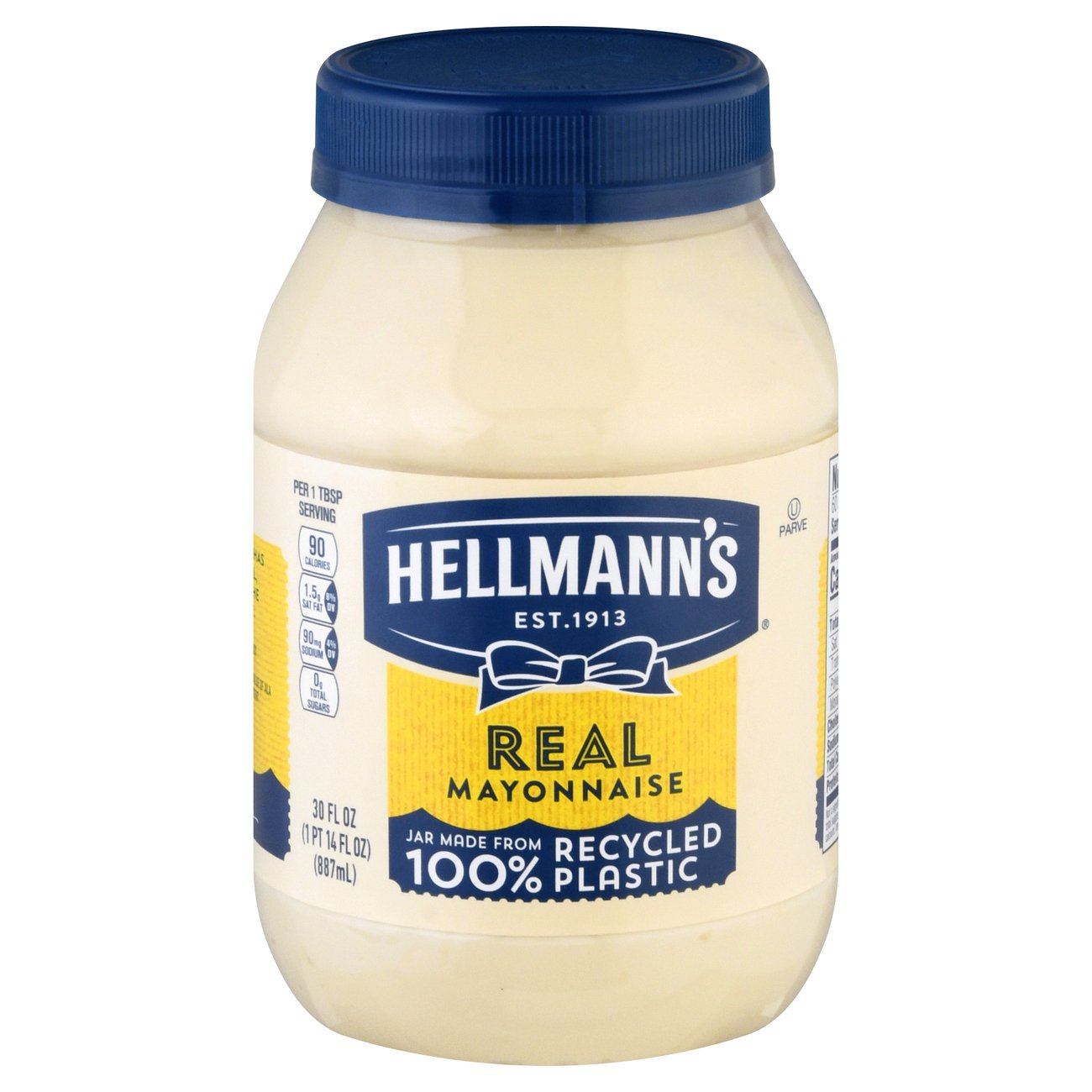Yea, academics need to just shut the publication system down. The more they keep pandering to it the more they look like fools.
I feel like most of the academia in the research side would be happy to see it collapse, but the current system is too deeply tied in the money for any quick change
I worked in academia for almost a decade and never met a researcher who wouldn't openly support sci-hub (well, some warned their students that it was illegal to type these spesific search terms and click on the wrong link downloading the pdf for free)
One lecturer actually had notes on their slides for the differences between the latest version of the course book and the one before it, since the latest one wasn't available for free anywhere but they wanted to use couple chapters from the new book (they scanned and distributed the relevant parts themself)
Yep. But that is all a part of the problem. If academics can't organise themselves enough to have some influence over something which is basically owned and run them already (they write the papers and then review the papers and then are the ones reading and citing the papers and caring the most about the quality and popularity of the papers) ... then they can't be trusted to ensure the quality of their practice and institutions going forward, especially under the ever increasing encroachment of capitalistic forces.
Modern day academics are damn well lucky that they inherited a system and culture that developed some old aristocratic ideals into a set of conventions and practices!
Tbh they already do everything they can, if you ever need a paper, e-mail the author and they'll most likely send you the "last version" before publication they still hold the rights to distribute
Nope, you just can't get a job unless you suck it up and publish in these journals, because they're already famous. And established profs use their cosy relationships with editors to gatekeep and stifle competition for their funding :(
Can't we all researcher who is technically good at web servers start a opensource alternative to these paid services. I get that we need to publish to a renowned publisher, but we also decide together to publish to an alternative opensource option. This way the alternate opensource option also grows.
Some time last year I learned of an example of such a project (peerreview on GitHub):
The goal of this project was to create an open access "Peer Review" platform:
Peer Review is an open access, reputation based scientific publishing system that has the potential to replace the journal system with a single, community run website. It is free to publish, free to access, and the plan is to support it with donations and (eventually, hopefully) institutional support.
It allows academic authors to submit a draft of a paper for review by peers in their field, and then to publish it for public consumption once they are ready. It allows their peers to exercise post-publish quality control of papers by voting them up or down and posting public responses.
I just looked it up now to see how it is going... And I am a bit saddened to find out that the developer decided to stop. The author has a blog in which he wrote about the project and about why he is not so optimistic about the prospects of crowd sourced peer review anymore: https://www.theroadgoeson.com/crowdsourcing-peer-review-probably-wont-work , and related posts referenced therein.
It is only one opinion, but at least it is the opinion of someone who has thought about this some time and made a real effort towards the goal, so maybe you find some value from his perspective.
Personally, I am still optimistic about this being possible. But that's easy for me to say as I have not invested the effort!
I do like the intermediaries that have popped up, like PubPeer. I highly recommend that everyone get the extension as it adds context to many different articles.
https://pubpeer.com/
It's been surprisingly helpful, it even flags linked pages, like on Wikipedia.
Does it have all the new research paper regarding medicine and pharmacological action and newer drug interactions and stuff?
Imagine they have an internal tool to check if the hash exists in their database, something like
"SELECT user FROM downloads WHERE hash = '" + hash + "';"You set the pdf hash to be
1'; DROP TABLE books;--they scan it, and it effectively deletes their entire business lmfaoo.Another idea might be to duplicate the PDF many times and insert bogus metadata for each. Then submit requests saying that you found an illegal distribution of the PDF. If their process isn't automated it would waste a lot of time on their part to find the culprit Lol
I think it's more interesting to think of how to weaponize their own hash rather than deleting it
I kind of assume this with any digital media. Games, music, ebooks, stock videos, whatever - embedding a tiny unique ID is very easy and can allow publishers to track down leakers/pirates.
Honestly, even though as a consumer I don't like it, I don't mind it that much. Doesn't seem right to take the extreme position of "publishers should not be allowed to have ANY way of finding out who is leaking things". There needs to be a balance.
Online phone-home DRM is a huge fuck no, but a benign little piece of metadata that doesn't interact with anything and can't be used to spy on me? Whatever, I can accept it.
I object because my public funds were used to pay for most of these papers. Publishers shouldn’t behave as if they own it.
That's true. I was actually thinking/talking about this practice in general, not specifically with regards to Elsevier.
I definitely agree that scientific journals as they are today are unacceptable.
It can be used to spy on any decent scientist who will send papers his/hers/theirs institution has access to, but their friend doesn't. Much fun. As a reminder, publishers don't pay reviewers, don't pay for additional research, editing is typically minimal, and research is funded publicly, so what they own is social capital of owning big journal
It can be used to spy on any decent scientist who will send papers his/hers/theirs institution has access to, but their friend doesn't.
By "spy" I mean things like: know how many times I've read the PDF, when I've opened it, which parts of it I've read most, what program I used to open the PDF, how many copies of the PDF I've made, how many people I've emailed it to, etc. etc. etc.
This technique can do none of that. The only thing it can do is: if someone uploads the PDF to a mass sharing network, and an employee of the publisher downloads it from that mass sharing network and compares this metadata with the internal database, then they can see which of their users originally downloaded it and when they originally downloaded the PDF. It tells them nothing about how it got there. Maybe the original user shared it with 20 of their colleagues (a legitimate use of a downloaded PDF), and one of those colleagues uploaded that file to the mass sharing site without telling the original downloader. It doesn't prove one way or the other. It's an extremely small amount of information that's only useful for catching systemic uploaders, e.g. a single user who has uploaded hundreds or thousands of PDFs that they downloaded from the publisher using the same account.
And a savvy user can always strip that metadata out.
As a reminder, ...
All true, and fucked up, but it's not related to what I was talking about. I was talking about the general use of this technique.
Doesn't seem right to take the extreme position of "publishers should not be allowed to have ANY way of finding out who is leaking things".
That's a fun opinion but have you considered that property is theft and intellectual property is bullshit
Without IP your favourite books, movies, TV shows, music and video games would not exist.

the artists still exist and would continue to make art even if we abolished the systems of exploitation we apply to that art.
frankly, art would instantly become far better without capitalism weighing it down
It's not the artists, creators, researchers etc. who profit off ip laws. It's always capitalists
Plus, if you have two people with legit access, you can pretty easily figure out what's going on and defeat it.








